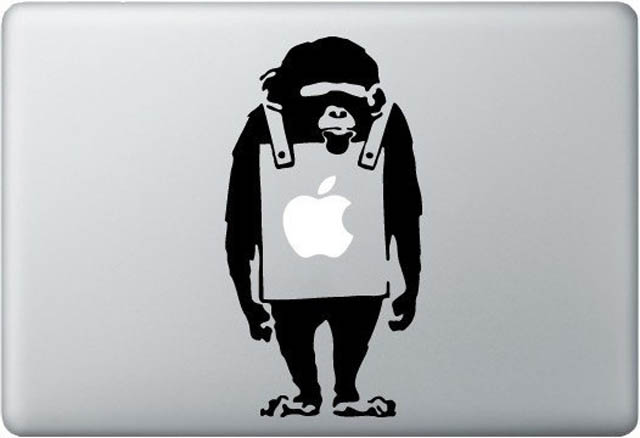Think different, pay more: Mac users served pricier options
Jesse Brown on the rise of Big Data as a pricing tool
Share
If you’re checking hotel prices out from an Apple computer, you can expect to see higher rates than if you’re pricing out your trip from a PC. The Wall Street Journal reports that at least one popular travel site, Orbitz.com, factors in your computer type (which is automatically communicated by your browser to the sites you visit) when compiling search results.
Why does this happen? After analyzing their historical purchase data, Orbitz learned that users coming to their site via Apple products spent an average 30% more than other customers on hotel bookings. Thus, Mac users are now served pricier options than PC-owning visitors. Orbitz confirmed this all to the Journal, stressing that while Mac users are exposed to pricier hotels and bigger rooms, they are not charged more than PC users for the same rooms. Not yet.
The first commercial website to charge customers more for a product based solely on the kind of computer they are using can expect an angry backlash and, quite possibly, price discrimination lawsuits. A brick-and-mortar store can’t charge a customer more because of their race or because they pulled up in a luxury car. But the anticipated rise of Big Data as a pricing tool will never discriminate so obviously.
Data-mining algorithms churn through vast reams of information to arrive at predictions. Deducing what a customer will be willing to pay is a complicated problem. In solving it, an algorithm would certainly benefit from personal information like your purchase history, browsing history, geographic location and hardware type, but other factors could prove just as powerful. Time of day and the state of the weather might have an influence, and so might the popularity of a given product. But all that is just common sense–data mining notoriously relies upon incredibly random information to arrive at predictions–factors that needn’t seem logical to our limited fleshy brains. If an algorithm learns that soil erosion has a marginal correlation with the public’s tolerance for rising bubble-gum prices, it doesn’t care why such a relationship exists.
When terabytes of seemingly random data are mashed together, patterns emerge which defy rational explanation. All of which is to say, we may soon each be paying different prices for the same products, and neither we, or the vendor, will really know why. It’ll be just like air travel.
Jesse Brown is the host of TVO.org’s Search Engine podcast. He is on Twitter @jessebrown
